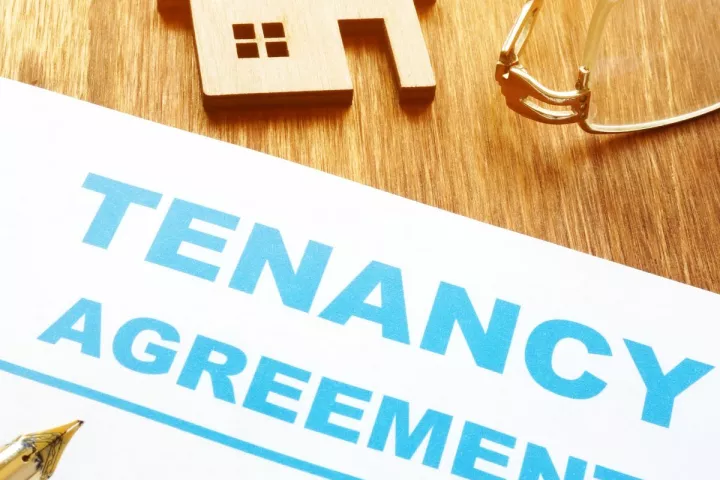New Regulations require all private tenancies to meet electrical safety standards. The regulations aim to increase safety in private rented homes. The Department for Communities (DfC) has produced guidance for landlords and tenants on what these changes will mean for them.
The new rules will apply:
- on 1 April 2025 for all new private tenancies granted on or after this date
- on 1 December 2025 for existing tenancies granted before 1 April 2025
Regular inspections
Under the new regulations landlords must make sure the hardwired electrical installations in their properties are inspected every five years. If the most recent inspection report requires a shorter period between inspections, landlords must arrange to do this.
Inspection and testing should be done by a qualified person such as an electrician.
Tenants are required to allow access to the property for inspections. Landlords should keep records of all attempts to contact the tenant to arrange a suitable date and time. Landlords will not be in breach of their duties if they can show they took all reasonable steps to get access to the property.
Carrying out the inspection
The qualified person carrying out the inspection must test the:
- fuse box
- switches
- sockets
- light fittings
- visible wiring
They must also test any other areas where electrical equipment is installed, for example lofts with supplies to renewable energy sources.
The qualified person will also visually inspect fixed electrical equipment for faults for example, hardwired smoke and fire detectors and electric showers.
Inspection reports
Landlords must get a report of the inspection and testing carried out. This is usually an Electrical Installation Condition Report (EICR). An EICR must state the:
- date of the inspection
- full address of the property
- name and address of the landlord or agent
- name and address of the person carrying out the inspection
- date the next inspection is due
The report must also contain:
- evidence of the inspector’s qualifications
- a description of each item inspected and their location
- any defects that have been identified
Copies of the most recent electrical safety reports should be given to:
- each tenant within 28 days of the date of inspection
- the council within 7 days, if it makes a request for a copy in writing
- a new tenant before they move into the property
- prospective tenants within 28 days, if they request a copy in writing
Landlords must also keep a copy of the report until the date of the next inspection. They should give a copy to the electrician carrying out the next inspection.
Dealing with electrical faults
If the inspection report confirms that the property has an electrical fault, the landlord must take action. They must complete the work within 28 days, or less if the report says it is necessary to do it sooner.
Once the work has been carried out, a qualified person must confirm in writing that:
- the electrical safety standards are now met, or
- further work is required
Each tenant must receive a copy of this written confirmation within 28 days of the work being completed and send a copy to the council within 28 days.
If further work is required, landlords must repeat this process until the property meets electrical safety standards.
If a landlord does not comply with this and the repair work is not carried out, the council can:
- arrange for urgent remedial action to be taken, and
- recover the cost from the landlord
Landlords have the right to appeal against the council’s decision to do this.
Plug-in electric appliances
The regulations do not include plug-in electrical items like fridges and cookers that the landlord has provided as part of the tenancy. However, the DfC guidance recommends that landlords carry out portable appliance testing on all electrical appliances they provide as part of a tenancy. They should give tenants a record of this.
Landlords are not responsible for any electrical appliances that belong to their tenants.
Enforcement of the standards
Landlords must comply with these standards once the compliance dates come into effect.
If they do not comply with the standards, it will be a prosecutable offence. If convicted, they could receive a fine of up to £5,000.
If you are a tenant and need more information or advice about electrical safety standards, please contact us .
If you are a landlord and want to know more about electrical safety standards, please contact us here.
Make private renting better
Renters' Voice is a group of people who rent privately in Northern Ireland. They campaign for improvements in the private rented sector by influencing politicians and government.

